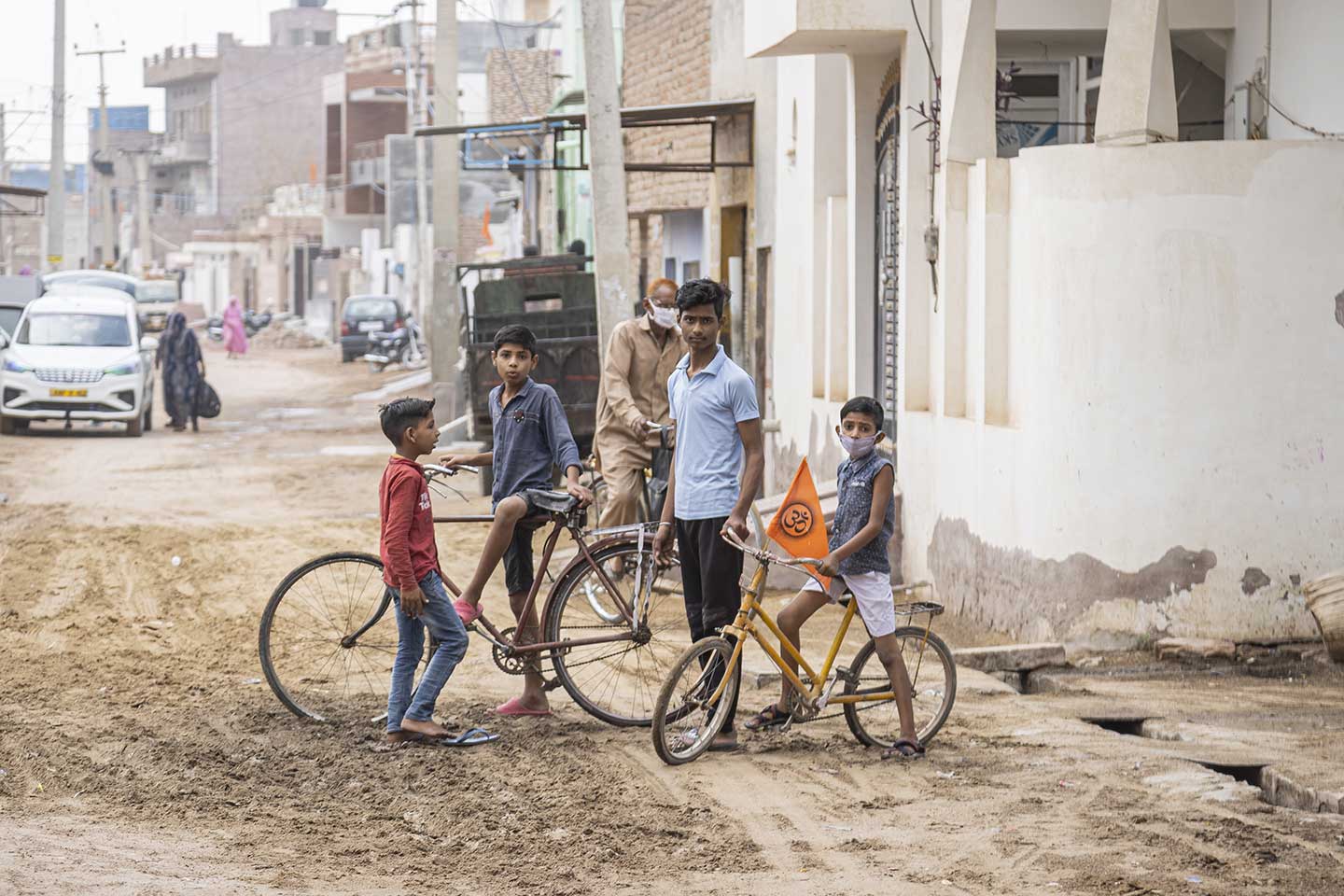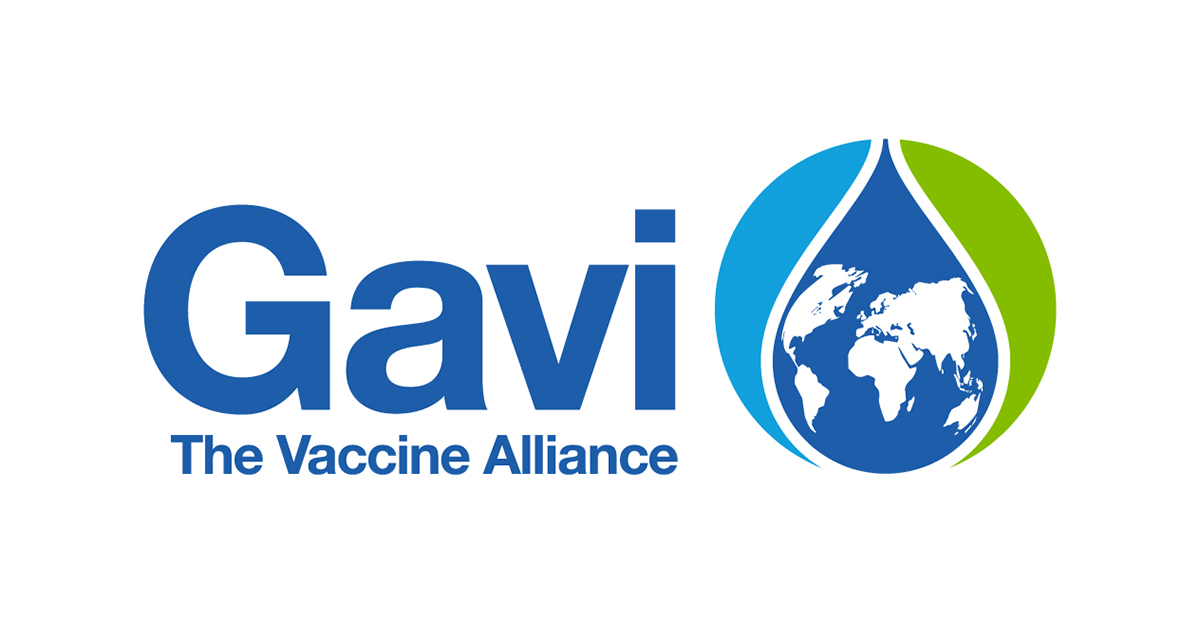Back to
Immunization services begin slow recovery from COVID-19 disruptions, though millions of children remain at risk from deadly diseases

 |
 |

|
Geneva/New York, 26 April 2021 – While immunization services have started to recover from disruptions caused by COVID-19, millions of children remain vulnerable to deadly diseases, the World Health Organization (WHO), UNICEF and Gavi, the Vaccine Alliance warned today during World Immunization Week, highlighting the urgent need for a renewed global commitment to improve vaccination access and uptake.
“Vaccines will help us end the COVID-19 pandemic but only if we ensure fair access for all countries, and build strong systems to deliver them,” said Dr Tedros Adhanom Ghebreyesus, WHO’s Director-General. “And if we’re to avoid multiple outbreaks of life-threatening diseases like measles, yellow fever and diphtheria, we must ensure routine vaccination services are protected in every country in the world.”
A WHO survey has found that, despite progress when compared to the situation in 2020, more than one third of respondent countries (37%) still report experiencing disruptions to their routine immunization services.
Mass immunization campaigns are also disrupted. According to new data, 60 of these lifesaving campaigns are currently postponed in 50 countries, putting around 228 million people – mostly children – at risk for diseases such as measles, yellow fever and polio. Over half of the 50 affected countries are in Africa, highlighting protracted inequities in people’s access to critical immunization services.
Campaigns to immunize against measles, which is one of the most contagious diseases and can result in large outbreaks wherever people are unvaccinated, are the most impacted. Measles campaigns account for 23 of the postponed campaigns, affecting an estimated 140 million people. Many have now been delayed for over a year.
“Even before the pandemic, there were worrying signs that we were beginning to lose ground in the fight against preventable child illness, with 20 million children already missing out on critical vaccinations,” said Henrietta Fore, UNICEF Executive Director. “The pandemic has made a bad situation worse, causing millions more children to go unimmunized. Now that vaccines are at the forefront of everyone’s minds, we must sustain this energy to help every child catch up on their measles, polio and other vaccines. We have no time to waste. Lost ground means lost lives.”
As a result of gaps in vaccination coverage, serious measles outbreaks have recently been reported in countries including the Democratic Republic of the Congo, Pakistan and Yemen, while likely to occur elsewhere as growing numbers of children miss out on lifesaving vaccines, the agencies warn. These outbreaks are happening in places already grappling with conflict situations as well as service disruptions due to ongoing response measures to COVID-19.
The supply of vaccines and other equipment is also essential for child vaccinations. Due to disruptions at the onset of the COVID-19 pandemic, UNICEF delivered 2.01 billion vaccine doses in 2020, compared to 2.29 billion in 2019.
“Millions of children across the world are likely to miss out on basic vaccines as the current pandemic threatens to unravel two decades of progress in routine immunization,” said Dr Berkley, CEO of Gavi, the Vaccine Alliance. “To support the recovery from COVID-19 and to fight future pandemics, we will need to ensure routine immunization is prioritized as we also focus on reaching children who do not receive any routine vaccines, or zero-dose children. To do this, we need to work together – across development agencies, governments and civil society – to ensure that no child is left behind.”
To help tackle these challenges and support the recovery from the COVID-19 pandemic, WHO, UNICEF, Gavi and other partners today launched the Immunization Agenda 2030 (IA2030), an ambitious new global strategy to maximize the lifesaving impact of vaccines through stronger immunization systems.
The Agenda focuses on vaccination throughout life, from infancy through to adolescence and older age. If fully implemented, it will avert an estimated 50 million deaths, according to WHO – 75% of them in low- and lower-middle income countries.
To achieve IA2030’s ambitious goals, WHO, UNICEF, Gavi and partners are calling for bold action:
Laura Keenan, WHO
+41 79 500 65 64
keenanl@who.int
mediainquiries@who.int
Sabrina Sidhu, UNICEF, New York
+1 917 476-1537
ssidhu@unicef.org
Iryna Mazur, Gavi
+41 79 429 3671
imazur@gavi.org
media@gavi.org